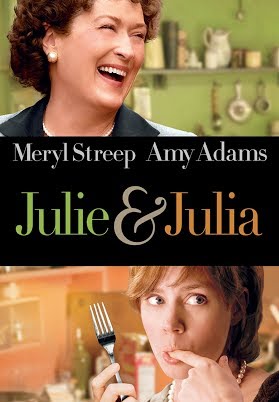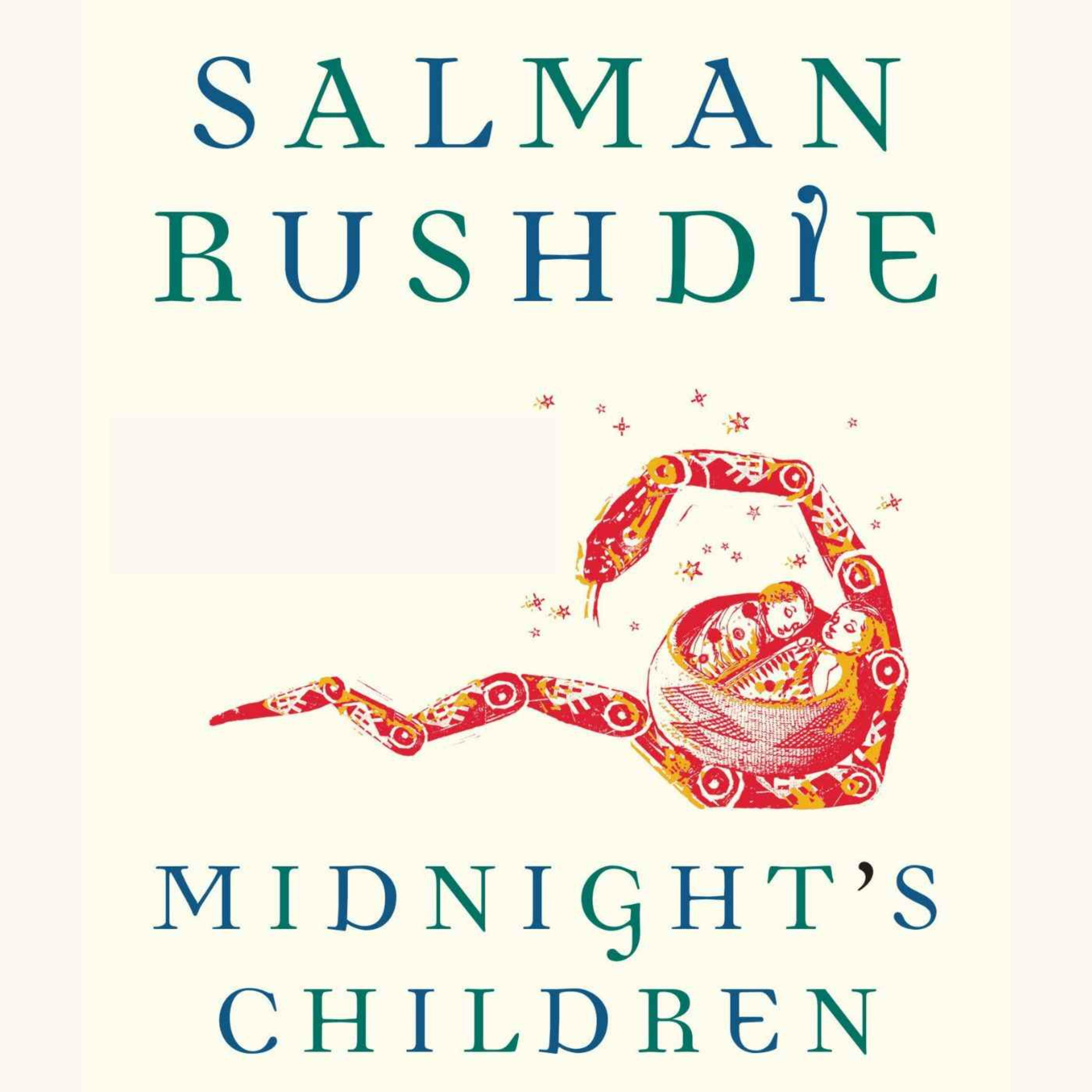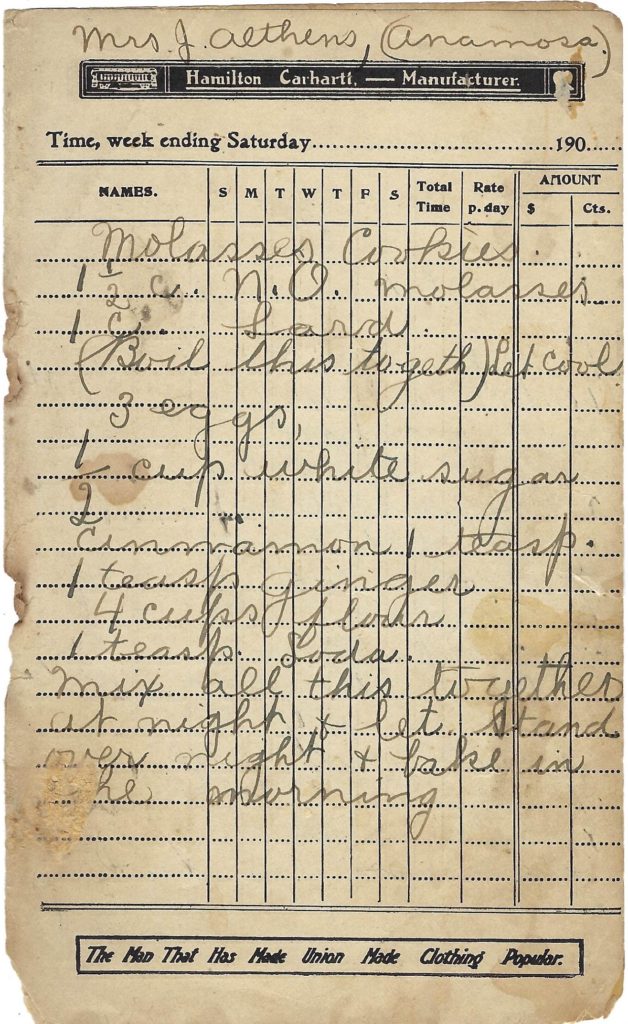This is the seventh post in my family culinary history series. To start from the beginning, please see my Connecting with my Ancestors through their Recipes post.
A Misguided Séance
I had really hoped that making these three recipes would somehow evoke the spirit of Irene and would have engendered in me some deep connection with her that would imbue my future culinary adventures with some sort of additional magic.

While at some moments I did feel her presence slightly, especially while using the rotary beater, I still feel overall like she is almost as much of a mystery to me like a recipe with only the ingredients and no directions (a feeling I am well acquainted with after this whole exercise!).
For example, why did she have a recipe for graham bread, was she a follower of Graham’s dogma or was it just something she thought was interesting? Or was that really her mother’s lemon pie recipe? And why was she so fascinated with collecting lemon pie recipes, was she trying to recreate a memory and/or a dish? Or was it her husband’s favorite and she was just trying to please him?
Lost Culinary Knowledge

I still want to develop more of a connection with Irene (I even half-joked about “Julie & Julia”-ing her recipe manuscript by making every single recipe from cover to cover!), but I worry that the gendering of the kitchen as a space only appropriate for women may have resulted in my grandfather unconsciously and involuntarily creating a break in the culinary inheritance I could have gotten from Irene and the women before her.
However, I did learn a considerable amount about myself and how much of my culinary gestures are inherited from my mother such as rolling pie dough around a rolling pin to move it, who maybe even inherited these gestures from her mother.
Swallow a Culinary World
I know very little of my maternal grandmother’s mother, but now I imagine some gestures may even stretch back to her as well. Throughout this entire exercise, a quote from one of my favorite books, Midnight’s Children, has continued to echo in my head. The quote is from the main character of the novel as he is trying to explain his place in the world:
Who what am I? My answer: I am the sum total of everything that went before me, of all I have been seen done, of everything done-to-me. I am everyone everything whose being-in-the-world affected was affected by mine. I am anything that happens after I’ve gone which would not have happened if I had not come. Nor am I particularly exceptional in this matter; each “I”, everyone of the now-six-hundred-million-plus of us, contains a similar multitude. I repeat for the last time: to understand me, you’ll have to swallow a world.
Rushdie, 1981, pg. 440-441
Every time I performed a culinary gesture I recognized from my mother or “conversed” with the future audience of my video recording, who will include family members, this quote reared its head even stronger. Who what is my cooking? It is a sum total of all the gestures of the women who have went before me.

Next Steps: Molasses Cookies

The next steps in this project are to make my great-grandmother’s recipe for molasses cookies so I can build Christmas cookie boxes to share with others.
You can learn more about my experiences making that recipe and the struggles I overcame while doing it by reading my Irene’s Recipes #8: Irene Caron’s Molasses Cookies post!
Resources
Rushdie, Salman. 1981. Midnight’s Children. New York, New York: Random House Trade Paperbacks.